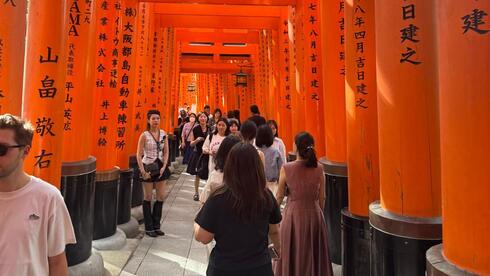“Japan is the land of fiction. A country built entirely on gimmicks. Everything that looks good on Instagram—you’ll find it there. Looking for food that ranges from mediocre to awful (but photographs beautifully)? Head to Japan. Want hotel rooms so small there’s no space to open your suitcase? Japan’s your place. Want a million people everywhere, all the time? You’ve found the right country! And worst of all, if you’re after a culture that’s rigid and inflexible—square, like the iPad we had to order from at every bad restaurant—go to Japan. Want to see a shocked face every time you ask for a sauce they don’t think goes with your dish? You get the idea—go to Japan.”
These harsh words were written by Shelly Tal, 34, who had just returned from her honeymoon in Japan. She shared her criticism in a Facebook post that stirred debate in an Israeli travel recommendation group for visitors to the Land of the Rising Sun.
8 View gallery
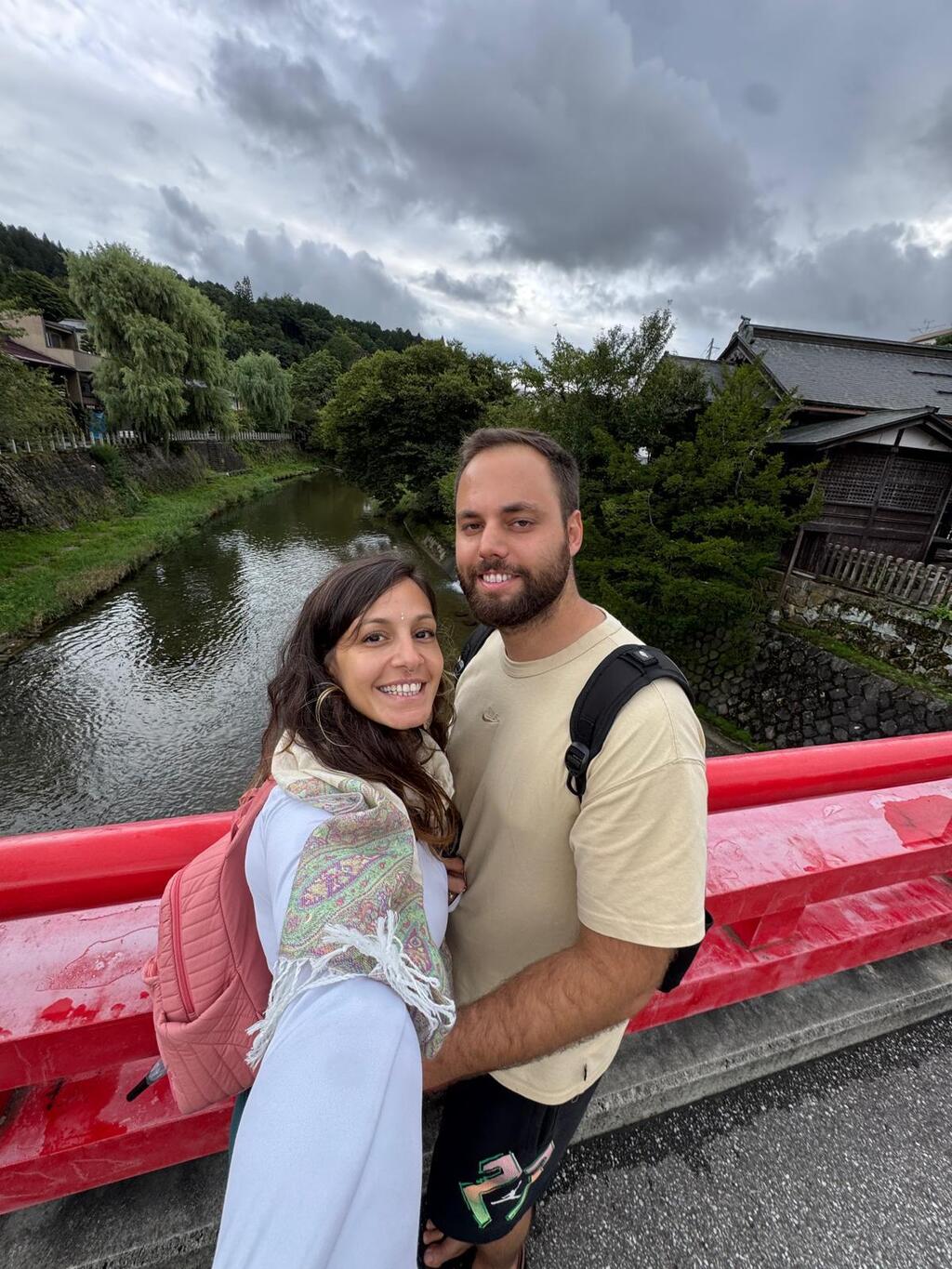

Shelly Tal and her husband in Japan
(Photo: Courtesy)
Was it truly a disappointing destination? For Tal, there’s no doubt. But many travelers who responded to the post strongly disagreed.
“I wrote honestly, without meaning to offend anyone,” she told Ynet. “But people reacted as if I insulted the Western Wall. Japan just isn’t for me—that’s my truth.”
Why did she choose Japan in the first place?
“I wanted something special, something different—not another beach vacation,” she said. “Japan seemed like the perfect destination—faraway, exotic, a different culture. Everyone around me praised it. It sounded like a dream: clean, polite, high-tech, peaceful. So we took three flights and connections—an entire day of travel—to get there, and I really thought I was living the dream.”
That dream quickly faded. “In reality, it was just awful,” she recalled. “I tried to enjoy it for my husband’s sake, but I couldn’t. Everything looks good in photos, but when you’re there, it’s cold, impersonal and soulless.”
8 View gallery
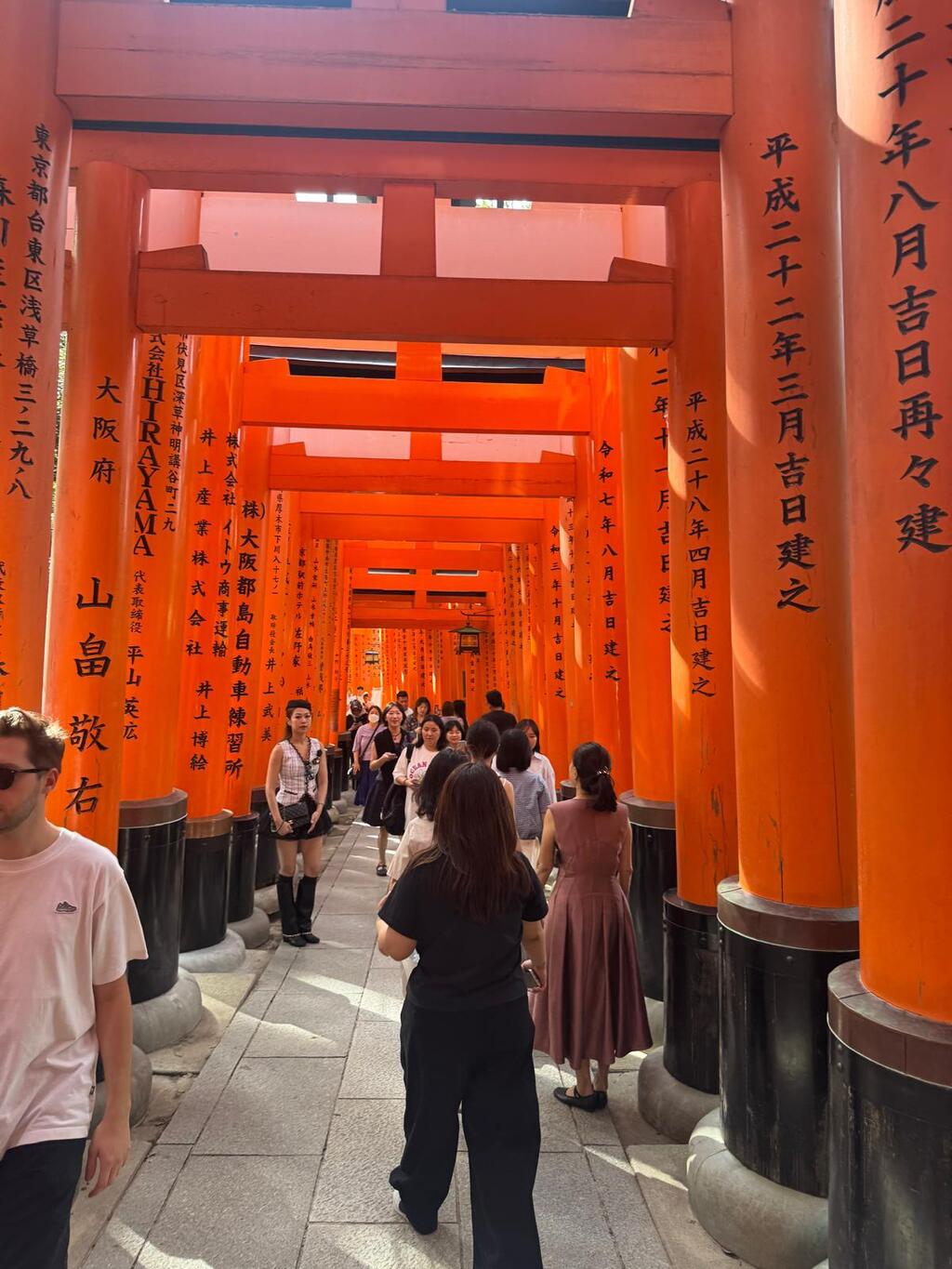

‘Kyoto, the worst kind of nightmare’
(Photo: Shelly Tal)
8 View gallery
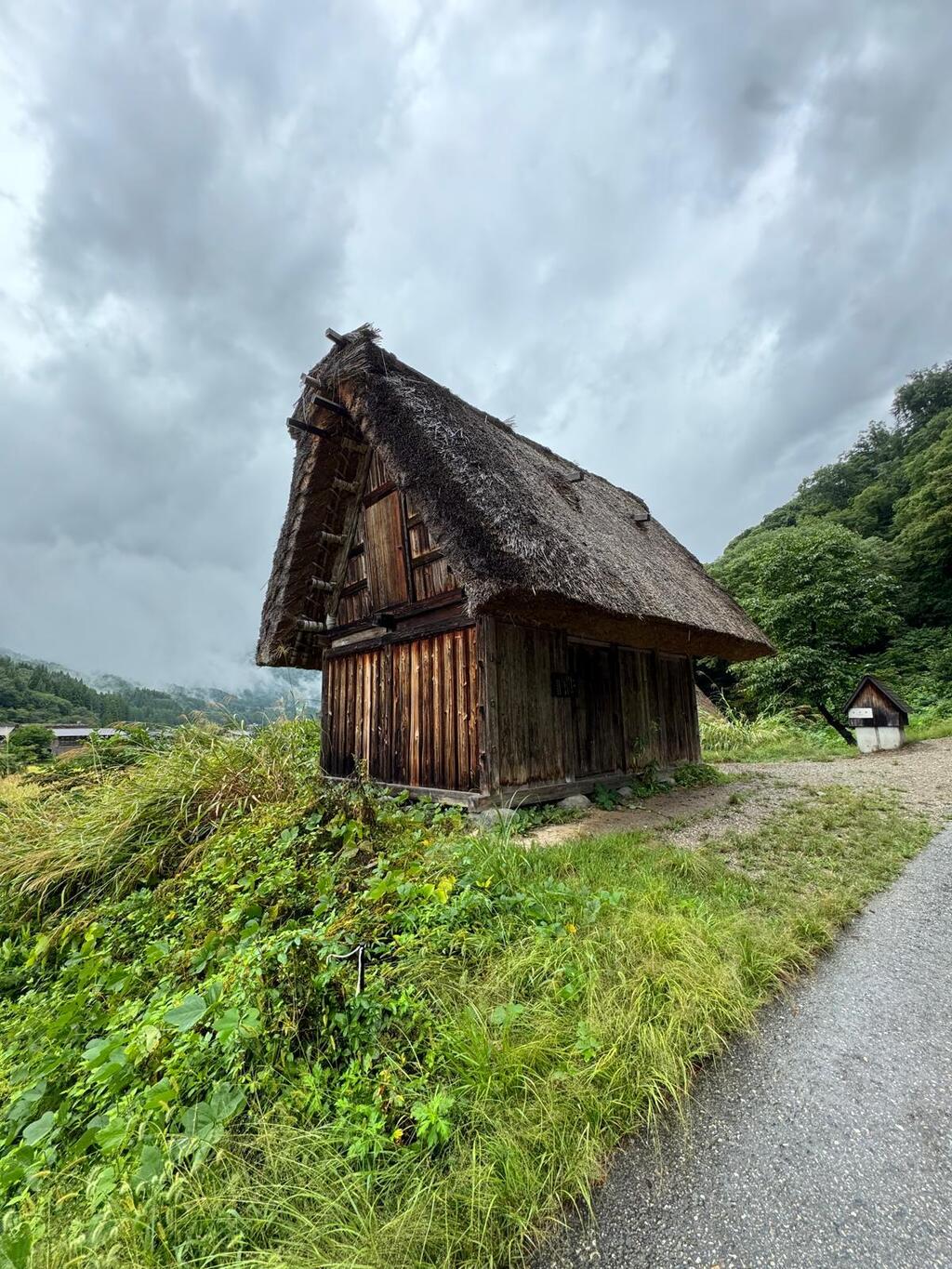

Shirakawa-go – the weather wasn’t on our side
(Photo: Shelly Tal)
In her post, Tal wrote: “All the hype around Japanese food, the various gimmicks that photograph well—in practice, the only thing you’ll enjoy is maybe a nice Instagram Story. But you’ll definitely get to enjoy the endless lines at every place that looks like it might actually be good (it’s not).”
Speaking with Ynet, she elaborated: “My husband and I are foodies. I’ve traveled in India and Europe—I understand food. But in Japan, 98 percent of what I tasted was mediocre at best. We went to a famous restaurant that everyone recommends. We waited an hour in line, the chef put on an amazing show on the teppanyaki grill—it looked like a million bucks. But the taste? Nothing. If you don’t dip it in soy sauce or mayonnaise, it has no flavor. The cooking process looks sexy—but it’s just a show. In reality, it’s empty.”
Then came her biggest culinary letdown: the sushi. “Everyone says Japan is the ‘home of sushi,’ but it’s nothing like what we know. No colorful rolls, no bright red tuna—just a lump of rice with a slice of fish on top. No seasoning, no nothing. Japanese restaurants in Israel do a better job representing their cuisine than what I saw there. It was all dry and cold. I’m sorry—but their sushi just isn’t good.”
Tal added that Japanese culture can feel oppressively rigid to Israelis. “People commented, ‘How dare you ask for sauce? That’s an insult to the chef.’ So what? I’m paying for the meal—am I not allowed to say it lacks flavor? Any request outside the standard makes them uncomfortable. You feel like you’re doing something wrong just for being yourself.”
8 View gallery
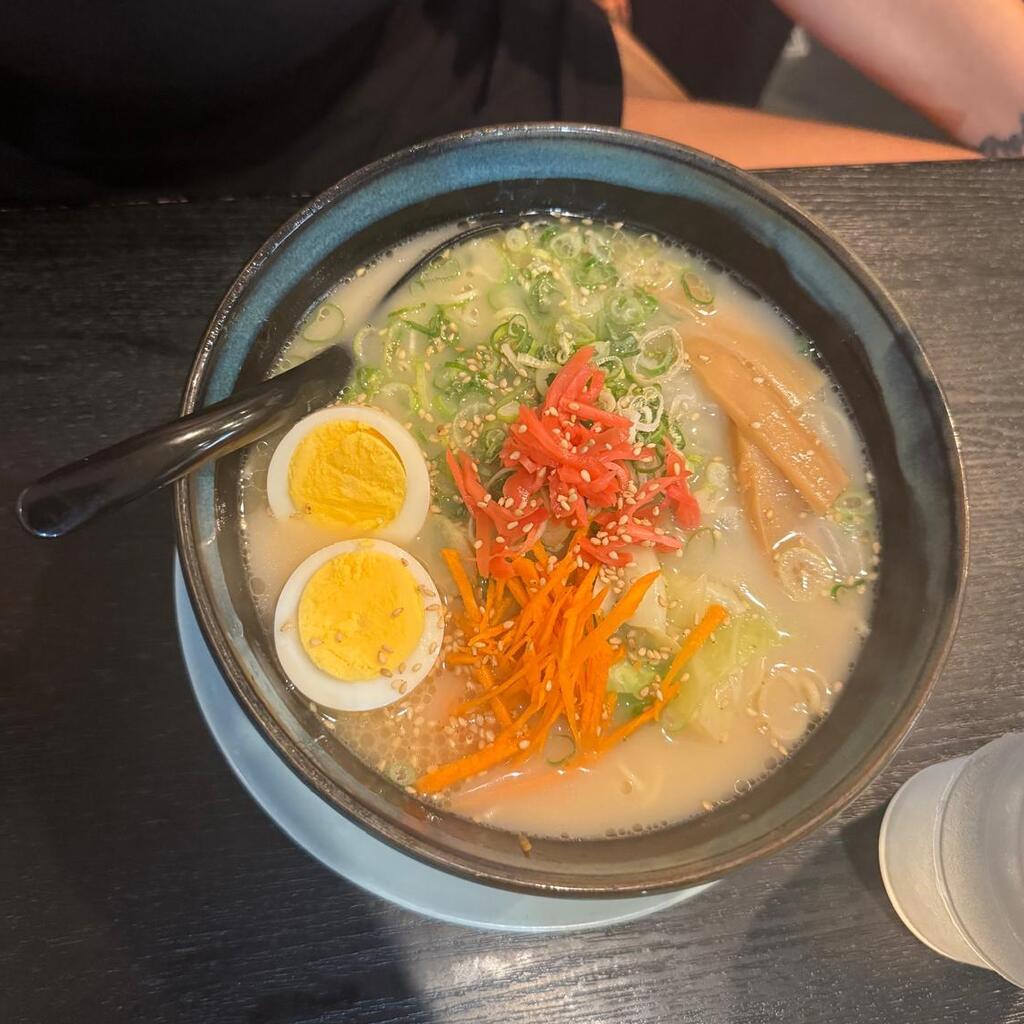

‘Ramen with a cold, white egg’
(Photo: Shelly Tal)
8 View gallery
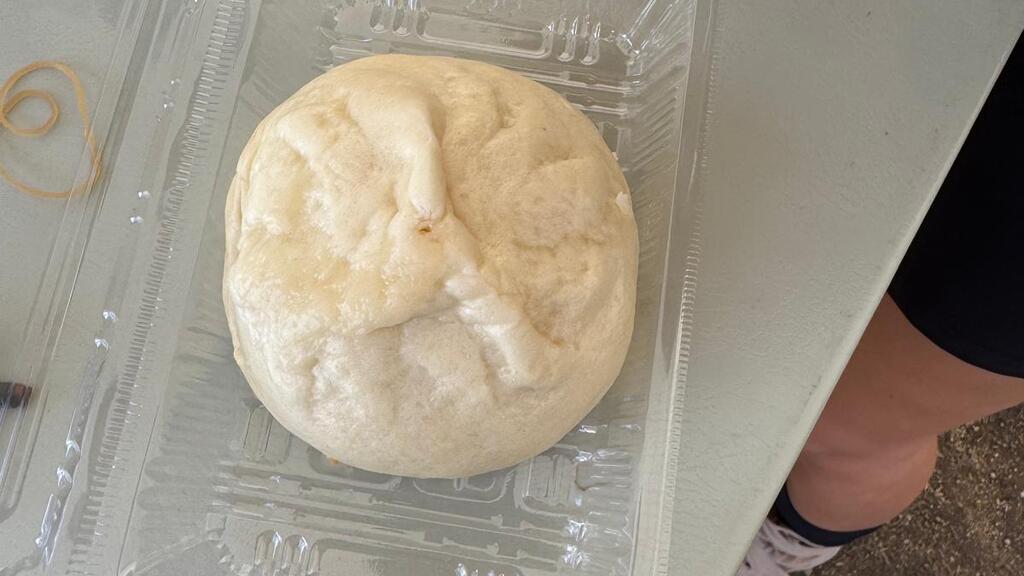

‘A bun that tastes like nothing’
(Photo: Shelly Tal)
8 View gallery
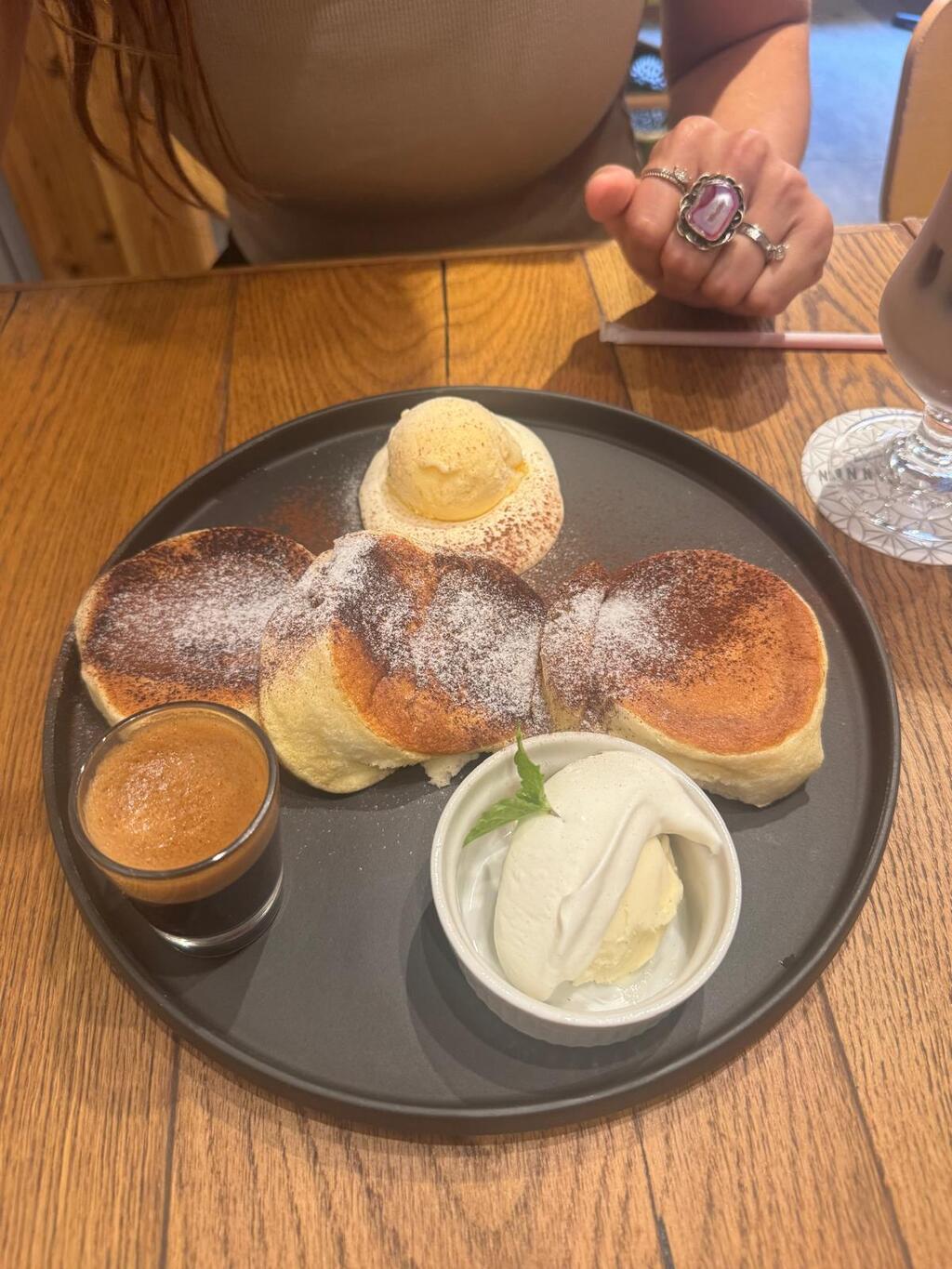

‘Japan’s pancakes are egg-flavored air’
(Photo: Shelly Tal)
8 View gallery
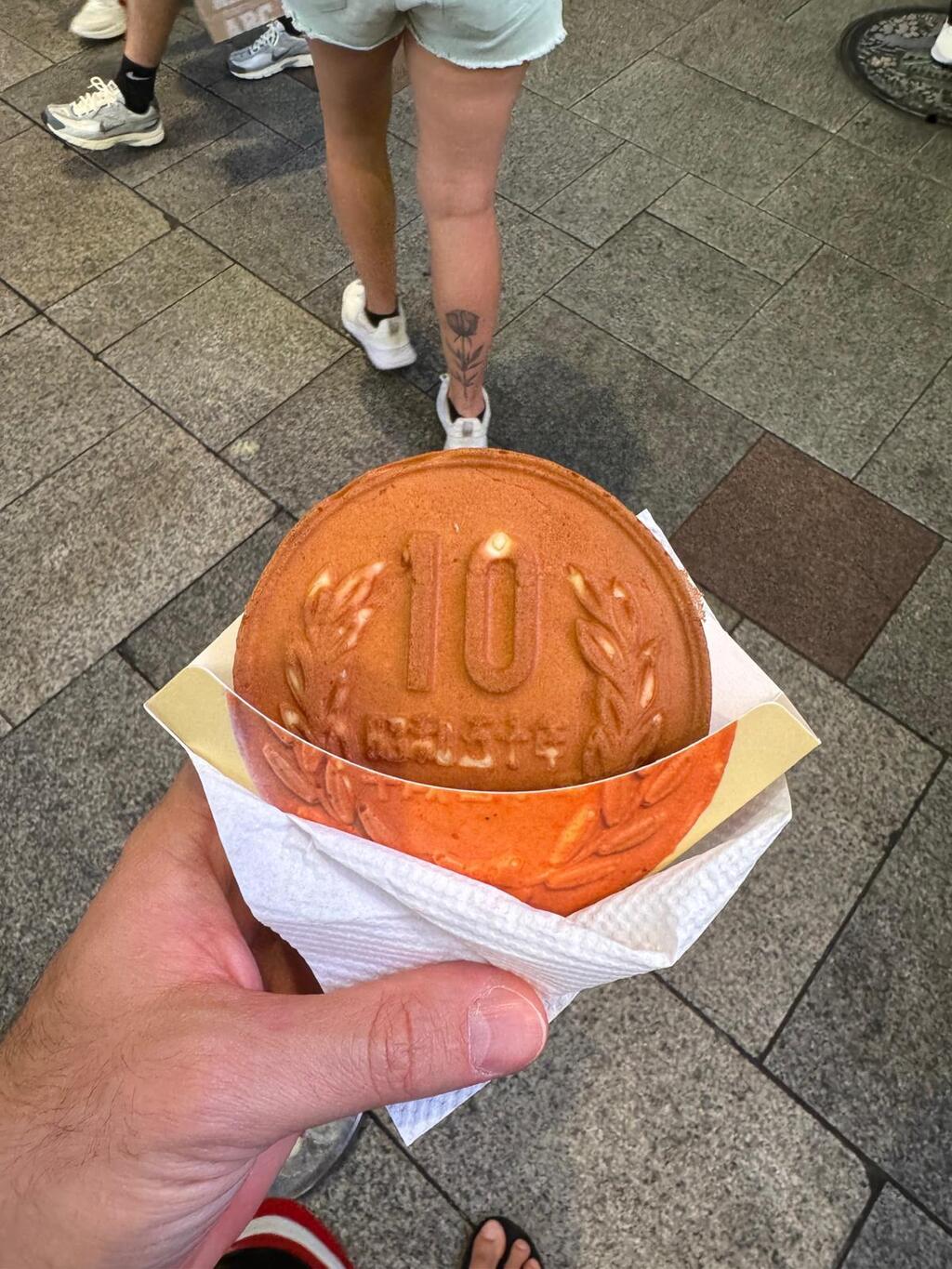

‘A gimmick in Osaka’
(Photo: Shelly Tal)
The criticism didn’t stop at the food. “I asked to check into a hotel room before 3 p.m.—the answer was no. I asked for a fork—they looked at me like I’d asked for the moon,” she said. “Japan isn’t a place that embraces difference. Everything is rigid and by the book. The Japanese stick strictly to the rules, and it shows in the food, the service and how people behave. It’s not flexibility—it’s paralysis.”
The famously small hotel rooms in Japan also left her disappointed. “You pay $100 a night and there’s no room to open your suitcase,” she said. “My husband is 1.91 meters tall (6’3″), I’m 1.71 (5’7″), and in one hotel we couldn’t even sleep in the same bed—it was too small. It says something about the culture: everything is measured, precise, with no room to breathe. You’re not allowed to spread out, to relax or to ask for more.”
While many people had warned her not to judge too quickly and promised that “the Japanese are the nicest people in the world,” her experience was very different.
“They were cold, distant and won’t make eye contact,” she said. “On public transportation, you feel invisible. There’s no contact, no smiles, no eye contact. On one ride, I saw a woman whose bag was open—I tried to tell her, but she didn’t even register I was speaking to her. I felt like I was talking to a wall. Everyone’s wearing masks, hats, staring at their phones. There’s no human interaction. You walk through the streets feeling alone in a crowd of millions. Not even the bright screens can light up that kind of coldness. It’s just sad.”
8 View gallery
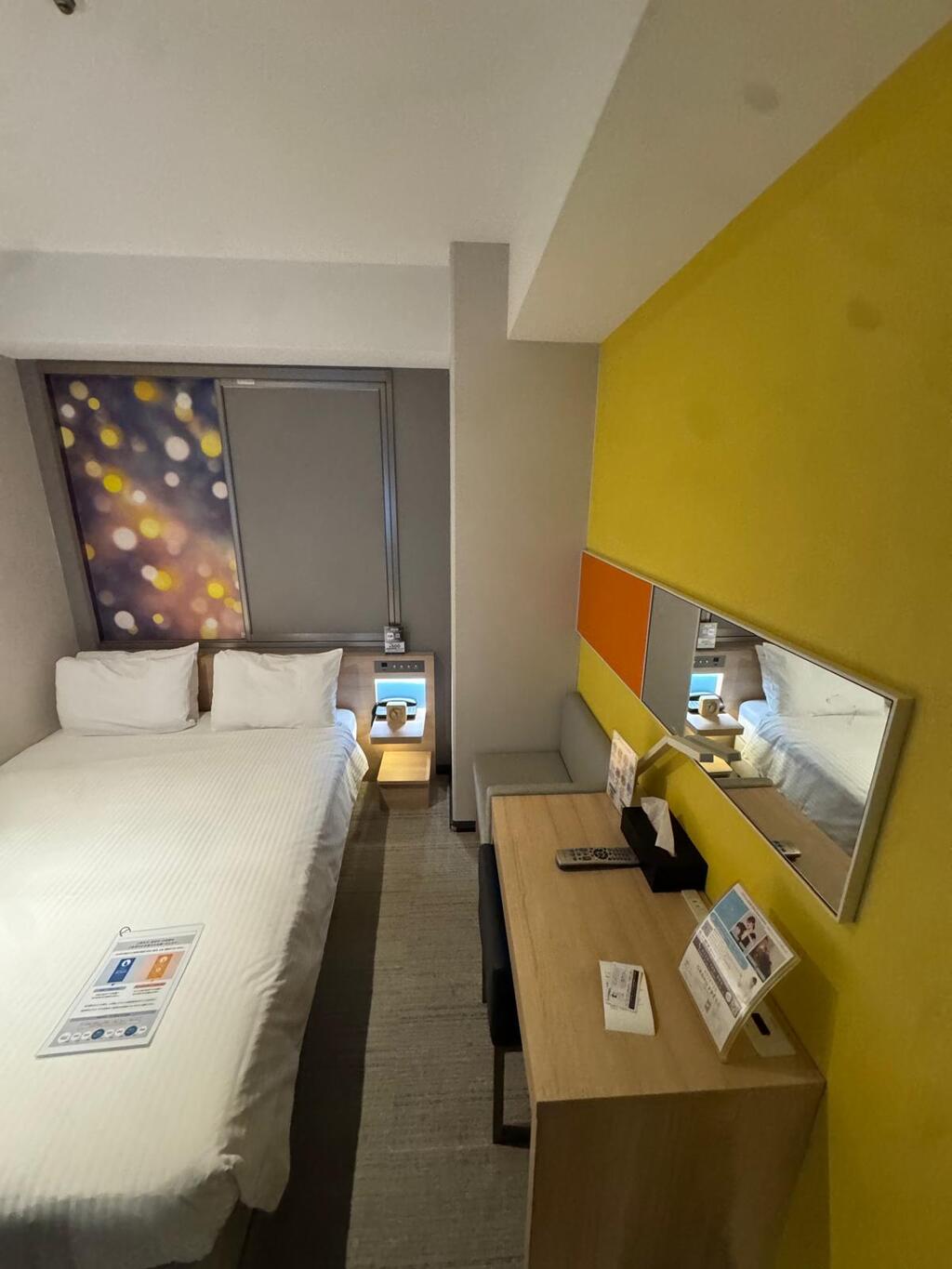

Tiny hotel room
(Photo: Shelly Tal)
Her frustration came out in waves during the interview. “In Japan, there are no trash cans. None,” she said. “You drink a coffee or eat something? You’ll carry the garbage in your bag for four hours. I tried to throw away a piece of paper in a small shop—the clerk looked scared. Everything is clean, but to a point that feels arrogant. You feel like you’re not ‘pure enough’ to throw something away.”
And the crowds? “There are a million people everywhere. Endless lines—at every site, every restaurant, every train. Everything looks nice, but after a few days, it all blends together: another temple, another garden, another entrance fee. It all looks the same. Even shopping was a letdown. Every few feet there’s another Uniqlo. There’s no real shopping, no variety, no surprise.”
Unsurprisingly, fans of Japan didn’t take her viral post lightly. “It blew up, and within minutes I got hundreds of comments,” she said. “Some people messaged me privately to say, ‘Thank you for saying what no one else does.’ But others just lost it. They called me rude, said I didn’t understand culture, as if I’d insulted something sacred. My phone crashed from the volume of messages. People were genuinely offended on Japan’s behalf. I’ve never seen Israelis defend Israel like that when people speak out against it—but for Japan, everyone acts like it’s their religion.”
She believes many travelers aren’t willing to admit they didn’t enjoy their trip. “If you spent tens of thousands of shekels going there, you’re not going to say it was bad. So they defend the experience. But I chose to tell my truth—I didn’t enjoy it.”
Still, not everything about the honeymoon was disappointing. “When we got to Thailand after Japan, I literally screamed with joy. It was like walking out of a frozen desert into a land flowing with milk and honey. I felt like I’d returned to a world with soul, flavor, color and smiles.”
